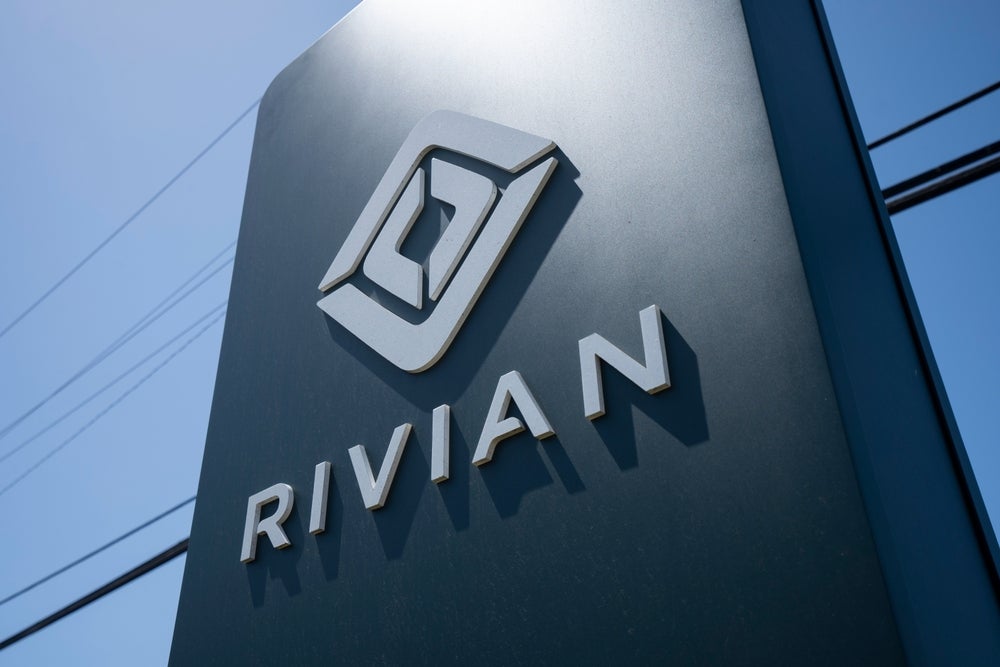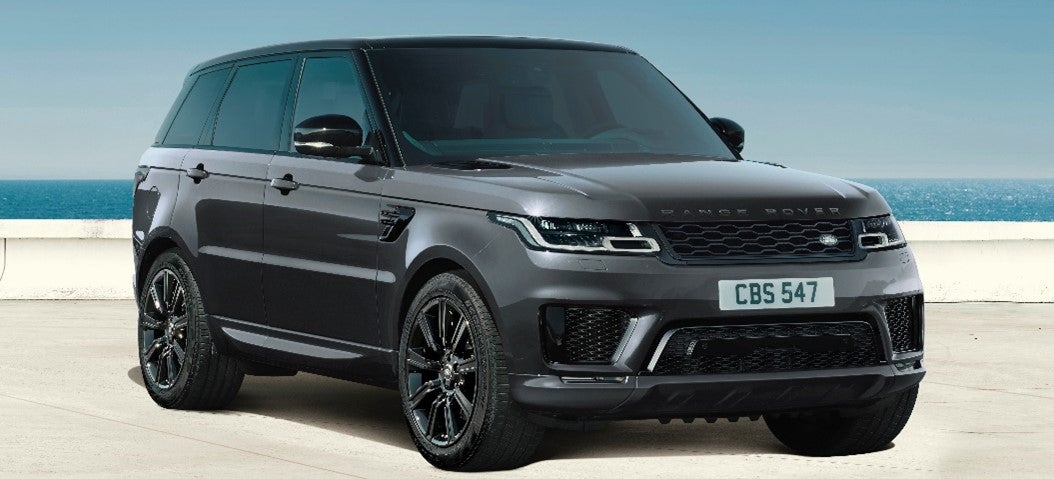





The automotive industry is constantly evolving to meet the demands of consumers and address emerging challenges. One such challenge is the increasing difficulty in obtaining insurance for luxury vehicles like the Range Rover, Land Rover, and Jaguar models. Due to their high theft rates, many people, especially those in urban areas, are unable to secure insurance for these vehicles or face exorbitant premiums [ec186b52]. In response to this issue, Jaguar Land Rover (JLR) has taken proactive measures to retrofit updated security features to their vehicles.
JLR CEO Adrian Mardell acknowledges the company's high theft record in 2022 but assures that engineers have implemented measures to combat theft, resulting in an 'incredibly low' theft rate for cars built from 2022 onwards [ec186b52]. However, convincing insurers that Range Rovers are nearly theft-proof remains a challenge, considering the alarming statistic that one in every 100 Land Rovers in the country was stolen in the year leading up to March 2023 [ec186b52].
To address this problem, JLR is implementing security enhancements for all cars manufactured from 2018. Tens of thousands of vehicles have already been updated, and JLR plans to contact more customers directly in the near future [ec186b52]. This proactive approach by JLR demonstrates their commitment to ensuring the safety and security of their customers' vehicles.
Jaguar Land Rover (JLR) UK has recently announced a £10m investment in vehicle security to combat the high rate of car theft in the country [6fbd8061]. The investment includes updates to the Body Control Module (BCM) to prevent thieves from driving away a vehicle without a key. JLR has also developed Ultra-Wide Band (UWB) protection to counter relay attacks [6fbd8061]. These security features will be included in vehicles manufactured from 2022 onwards, and previous generation vehicles can also receive security updates [6fbd8061].
Range Rovers were the second most stolen cars in the UK in 2022, highlighting the urgent need for enhanced security measures [6fbd8061]. JLR's commitment to collaborating with law enforcement and partners to develop effective anti-theft measures demonstrates their dedication to addressing this issue [6fbd8061].
According to recent data, Jaguar Land Rover's investment in vehicle security has resulted in low theft rates. Only 0.07% of new Range Rover and Range Rover Sports and 0.3% of new Defenders have been stolen [7e56a7de]. Land Rovers were found to be three times more likely to be stolen than the second most popular target, Mercedes-Benz [7e56a7de]. JLR has rolled out updates to over 65,000 vehicles in the UK, reducing thefts of Range Rover and Range Rover Sport models built from 2018 to 2022 by over 40% [7e56a7de]. Vehicles manufactured from 2022 onwards have the latest security features and are resilient to theft [7e56a7de].
The investment includes updates to the body control module (BCM) to prevent thieves from driving away a vehicle without a key [7e56a7de]. JLR recommends owners use remote apps and other security measures to protect their vehicles [7e56a7de].
West Midlands Police and Crime Commissioner, Simon Foster, is calling on car makers to retrofit security fixes to combat the rise in car thefts. Range Rovers were among the most-stolen cars in the UK last year due to their high resale value and keyless technology. Thieves can bypass car security features in seconds by copying digital keys or boosting a car fob signal. Foster urges manufacturers to prioritize car security and fit new security measures to reduce crime. The PCC has asked West Midlands Police to target organized car crime gangs. The number of Fords stolen last year increased by a third, and Land Rovers were also sought after by criminals. [5cbc8ac3]
The retrofitting of updated security features and the £10m investment in vehicle security by JLR are significant steps towards preventing theft and ensuring the safety of luxury vehicles like the Range Rover, Land Rover, and Jaguar models. These measures not only protect the vehicles themselves but also provide peace of mind to owners who have struggled to obtain insurance or faced high premiums due to the high theft rates of these vehicles. The ongoing evolution of automotive security, exemplified by JLR's proactive approach, reflects the industry's commitment to innovation and customer satisfaction [ec186b52] [6fbd8061] [7e56a7de] [5cbc8ac3].
In addition to Jaguar Land Rover, Rivian Automotive is also taking innovative approaches to vehicle security. Rivian has released a stop motion film showcasing its innovative Gear Guard security system [cec7508a]. The system monitors the vehicle and luggage in the R1T truck bed when the driver is away and includes hardware and software to keep the vehicle safe [cec7508a]. The film features a furry yeti watching over a Rivian R1T and the bikes in its trunk, scaring away a thief who attempts to steal the bikes [cec7508a]. Rivian describes the yeti as a smart and friendly addition to enhance security without operating from a place of fear [cec7508a]. The system also includes a motion cam to identify and record motion around the vehicle, similar to Tesla's sentry mode [cec7508a].
The collaboration between Jaguar Land Rover and West Midlands Police, as well as Rivian Automotive's innovative Gear Guard security system, demonstrate the industry's commitment to addressing the rising issue of vehicle theft. These proactive measures not only enhance the security of luxury vehicles but also provide peace of mind to owners and contribute to the overall safety of communities [5cbc8ac3] [cec7508a].
A recent article from Sky News highlights the challenges faced by car owners when dealing with faulty vehicles and their rights as consumers. The article tells the story of a car owner in Derbyshire who has experienced ongoing issues with his 2022 Range Rover Evoque hybrid. The car has been back to the dealership six times for the same issue with the hybrid system not engaging, rendering the car unusable [9a583055].
The owner is unable to sell the car due to the known issues with Range Rovers being easy to steal, further exacerbating the situation. However, the Consumer Rights Act 2015 provides guidance in such cases. The act states that goods should be of satisfactory quality and last a reasonable length of time. If the fault occurred within six months of purchase, the onus is on the dealership to prove the goods were not faulty when sold. If the fault occurred after six months, the onus is on the owner to prove the vehicle had inherent faults when sold [9a583055].
The article advises the owner to reject the vehicle under the Consumer Rights Act 2015 and seek an independent report from a qualified mechanic. If the dealership fails to fix the fault, the owner can raise a dispute with their credit card provider or finance company. As a last resort, the owner can take the case to the County Court or the Financial Ombudsman Service [9a583055].
This article highlights the importance of consumer rights and the recourse available to car owners who experience issues with their vehicles. It serves as a reminder that consumers have rights and options when faced with faulty products, providing them with a sense of empowerment and protection [9a583055].